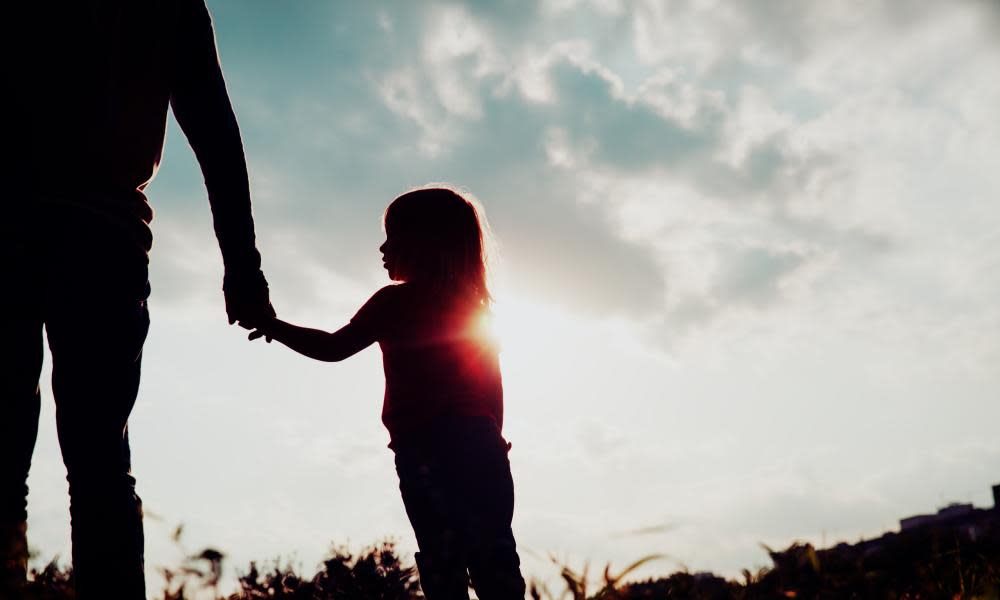Advocates fear NSW child protection bill reduces rights of birth parents

Lawyers working with vulnerable families in New South Wales are demanding the government make public its plan to overhaul child protection laws, saying they are worried the government wants to significantly reduce the legal rights of birth parents in a greater push towards adoption.
More than 20 of the state’s community legal centres and Aboriginal legal services have written to the NSW government to call for public consultation on its draft bill. They claim a draft has been shared with some government agencies but not with the sector itself.
The NSW government announced a series of policy reforms based on consultation with the sector in October 2017, and in response to the damning Tune report into out-of-home care in NSW.
• The number of children in out-of-home care has doubled in 10 years due to increases in factors driving demand, like mental health issues, as well as a lack of investment in vulnerable families’ needs before they enter OOHC
• The cost of providing OOHC is growing, with the expanding NGO sector costing significantly more than the government sector
• The government spends a lot on OOHC but it is not well-targeted and there is still significant unmet demand and inefficiency: “Overall, the system is ineffective and unsustainable”
• Millions of dollars' worth of programs are delivered in agency silos and are not evaluated
• Outcomes are particularly poor for Aboriginal children and families, who are the highest growing population in OOHC. The number of Aboriginal children being restored to their families has dropped significantly
• Current programs are not aligned with what children and families need
• Expenditure is crisis-driven, rather than going towards early intervention or family preservation
• “The system is failing to improve the long term outcomes for children and to arrest the devastating cycles of intergenerational abuse and neglect”
• A new entity, a NSW family investment commission, is needed to drive and implement personalised packages for vulnerable children and families
The government invested $190m over four years in Their Futures Matter, its long-term strategy to transform the child protection system.
“This includes $90.5m over four years to support parents to change when their children are at risk, with two new evidence-based service models to improve family preservation and restoration,” a spokesman for the family and community services minister, Pru Goward, said in June.
There has also been a policy shift towards adoption. The non-government agency Adopt Change was awarded a $2.3m contract to recruit and support foster carers for the next three years, with an emphasis on finding carers who can double as adoptive parents if needed.
The government is also offering a fortnightly adoption allowance, to encourage eligible carers to adopt, and last week said it would pay specialised foster carers $75,000 a year to temporarily look after children with complex needs.
It also sought views on “whether the Adoption Act should be amended to provide additional grounds for dispensing with parental consent”, a question that has alarmed community legal centres and the Aboriginal legal service.
They are “particularly concerned about proposals to transfer jurisdiction to decide adoption matters from the supreme court to the children’s court and to dispense with parental consent in these matters”.
Principal solicitor at the Elizabeth Evatt community legal centre, Arlia Fleming, said so far consultation has been “piecemeal”.
“It took 18 months for us to see the Tune report and we’ve barely had time to digest that,” Fleming said. “We want consultation. And they’ve made some big announcements we’re not sure [that] on the ground are going to address the problems, especially of kids who are already in the system.”
“To dispense with parental consent … for many of our clients, there’re reasons why people don’t want that to happen. Homelessness is sometimes due to domestic violence. And they are potentially going to have no say in the custody of their children.”

 Yahoo News
Yahoo News 
